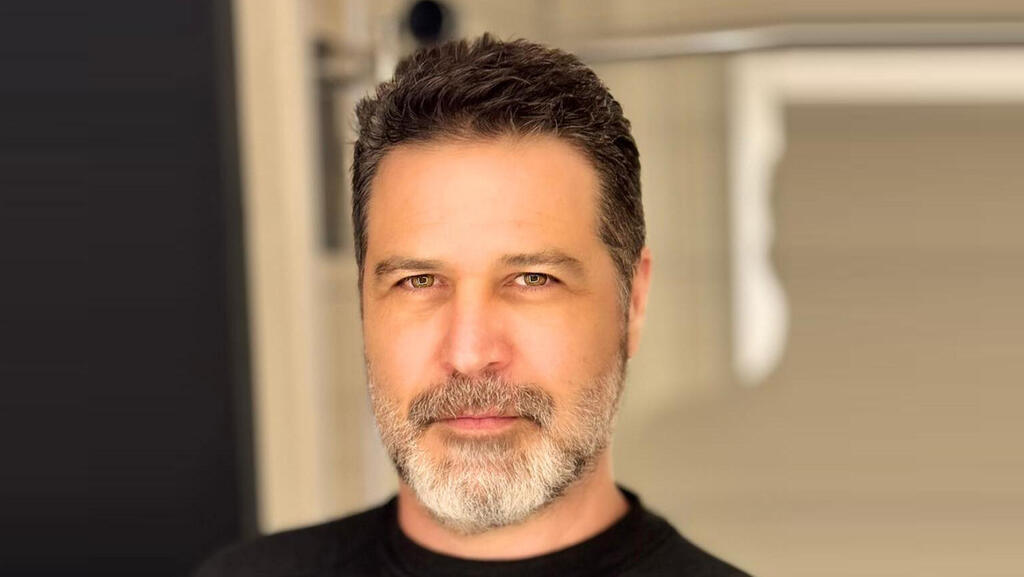
Opinion
Will AI save healthcare systems from collapse?
Lacking millions of doctors and healthcare workers, healthcare systems are failing. With life expectancy in the US declining and the global population aging, what will AI's role be in an overloaded healthcare economy and how can it help heal it?
In August 2022, astonishing research emerged revealing that the life expectancy of US residents declined by 2.7 years over two years. Average life expectancy fell from 77 years to 74.3 years, plummeting to the life expectancy level of 1996. This comes after decades of life expectancy growth in the US and worldwide. Such a significant decline in life expectancy reflects a profound failure of the American healthcare system, even when adjusting for deaths caused by the pandemic.
How did this happen in the US, a country where healthcare spending is the highest globally, exceeding the second highest spending country by 1.5? The answer lies in the fact that while the American healthcare system is undoubtedly more advanced than ever before it cannot cope with the increasing operational and economic burdens.
Healthcare systems worldwide suffer from a severe shortage of manpower, with the World Health Organization anticipating a deficit of over 10 million healthcare workers globally by 2030.
In Israel, the Ministry of Health warns of a sharp decline in the number of mental health professionals starting from 2025.
At the same time, the population continues to age, requiring healthcare systems to provide a larger number of medical treatments for geriatric patients. According to the World Health Organization, by 2050, the number of individuals aged 60 and above will double to 2.2 billion, while the number of those aged 80 and above will triple between 2020 and 2050, reaching 425 million people. The United States suffers from a series of structural and budgetary issues in the healthcare system that hinder millions of people's access to advanced medical services.
Healthcare systems in the United States and many other countries are consistently functioning at a loss. In the race to mobilize doctors and additional medical teams required to treat a rapidly increasing number of patients, the global economic crisis, both worldwide and in Israel, is prompting governments to cut healthcare budgets, directly threatening the health of their citizens.
AI to the rescue
The only hope in the current situation and in the coming years is technology, especially AI, whose benefits extend across many sectors. AI systems can assist in earlier and more accurate diagnoses, making the right treatment choices, and even performing digital therapeutics. This technology will enable doctors to be more efficient in their work—treating a larger number of patients, and will allow a shift towards preventive medicine, which is more effective on a larger scale compared to reactive medicine. The possibility of remote monitoring of diseases and medical conditions already alleviates the burden on hospitals, reducing risks, lowering costs, and reducing suffering for patients.
The Israeli hi-tech industry excels in the field of Digital Health technologies and has a significant impact on shaping the rising AI-based American healthcare system of the coming decade. Notable examples include companies like Aculine, developing rapid and non-invasive testing for heart artery blockages, potentially saving 50% of unnecessary angiograms and preventing heart attacks for many who are not adequately tested. Another example is VocaVibe, that develops a continuous and passive monitoring system for neurodegenerative diseases (such as Alzheimer's, Parkinson's, etc.), enabling automatic adjustment of drug therapy without the need for a doctor's time. This patient population is very large, and the costs of treating them are particularly high.
Israel is also one of the leading countries globally in digitizing healthcare systems, with interesting AI projects already implemented. The Ministry of Health and Education should make every effort to rapidly train a large number of high-quality doctors, nurses, and other professional teams. Simultaneously, investing all possible resources in adopting and implementing AI solutions will significantly alleviate the shortage of professional manpower expected to emerge. The local Digital Health industry deserves increased support from the Innovation Authority during this period, where funding for companies in this field has experienced a significant decline. Israeli knowledge and experience has the potential to influence a global healthcare transformation, leading both Israel and the international community into an age of AI-based medicine and a stable healthcare economy, turning AI-based treatments into a reality for every patient.
Talor Sax is a co-founder and managing partner at the eHealth Ventures VC fund.














